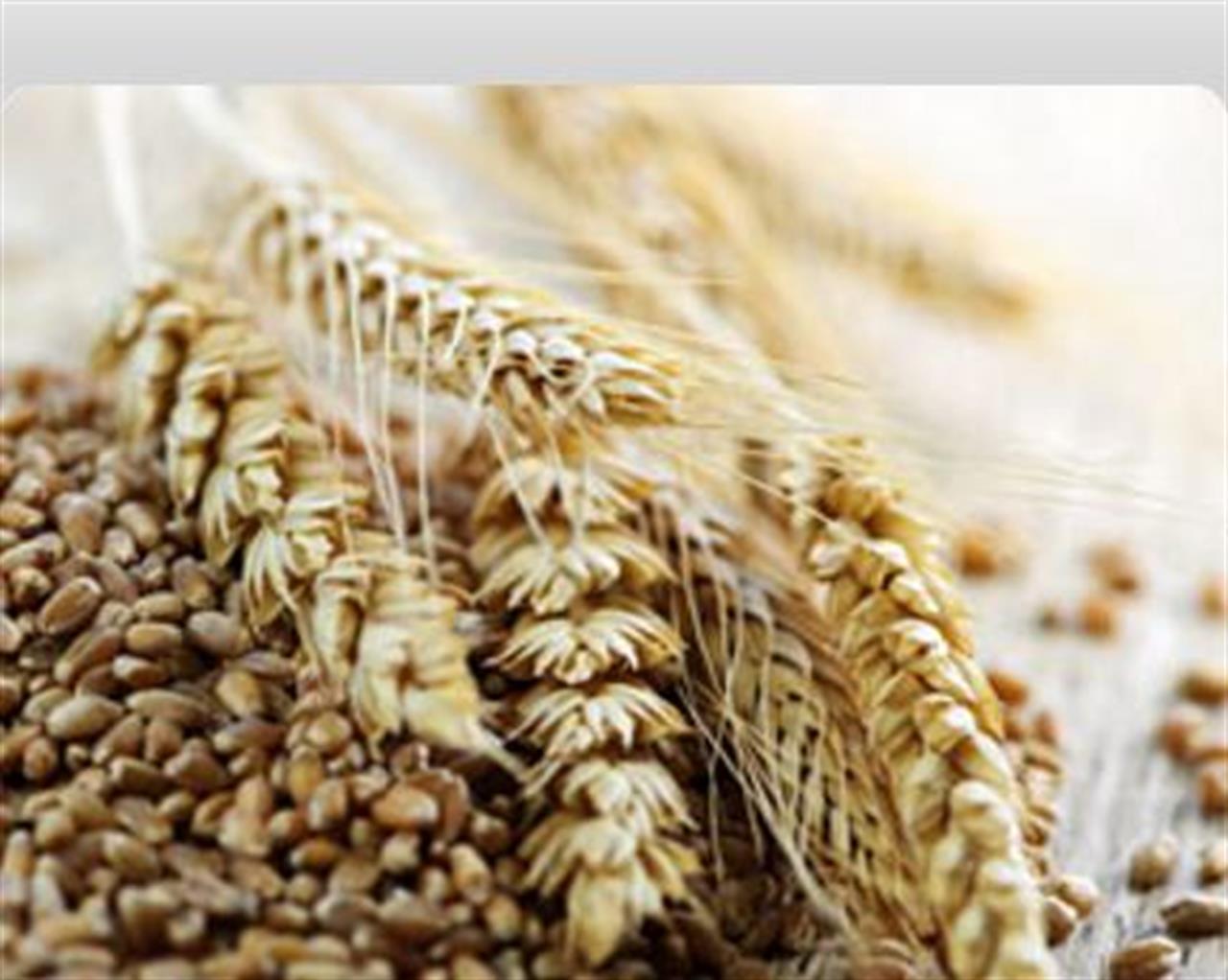Non profit
GMO policy: a joint decision
Italy and France say nationalizing GMO policy will have negative implications on EU Common Agricultural Policy
di Staff

The 27 European ministers of agriculture meet September 27 to discuss a proposal to let national governments decide whether to ban or grow genetically modified (GM) crops, proposed by the European Commission in July. Talks are being held during the meeting of the Agriculture and Fisheries Council.
The meeting is meant to move the debate forward and the Commission’s proposal closer to approval. But even before the meeting started the agricultural ministers representing France and Italy – Bruno Le Maire and Giancarlo Galan respectively – spoke out against the proposal, raising concerns over its implications on Europe’s Common Agricultural Policy.
“France hopes that the decision on this [debate in Europe] remains a common one. Taking national decisions on these subjects would give off the wrong signal to European citizens and the wrong signal on Common Agricultural Policy,” said Le Maire.
“Italy does not support the proposal by the Commission (…) this everyone for themselves mentality undermines the foundations of the Common Agricultural Policy,” said Galan.
Their statements echo previous ones made by European authorities back in July when the proposal was first announced.
German Chancellor Angela Merkel said, “if we continue like this, the single market has come to an end” and Spanish Agricultural Minister Elena Espinosa called it “the beginning of re-nationalization.”
Greenpeace took this opportunity to reiterate its opposition to the proposal and the presence of GM crops in the union, stating concerns over the environmental and health impact of genetically modified organisms (GMO) production and consumption.
“Until Europeans and farmers can be sure that the danger of GM crops are thoroughly addressed, EU ministers should demand a moratorium on new authorizations,” said Greenpeace policy director Marco Contiero.
The Commission says that the proposal to modify the directive 2001/18 on the basic framework for GMO cultivation would clear up legal uncertainty over the ban or authorisation of GMOs and break a decade long stalemate between pro- and anti- GMO member states.
Currently only two GM crops can be legally grown in Europe: the American company Monsanto’s 810 maize and the German company BASF’s Amflora potato. Fifteen other GMOs are awaiting European authorization. France, Germany, Hungary, Luxembourg, Greece and Austria have all passed national bans on the cultivation of MON 810 and Poland has outlawed the cultivation of all GM crops.
17 centesimi al giorno sono troppi?
Poco più di un euro a settimana, un caffè al bar o forse meno. 60 euro l’anno per tutti i contenuti di VITA, gli articoli online senza pubblicità, i magazine, le newsletter, i podcast, le infografiche e i libri digitali. Ma soprattutto per aiutarci a raccontare il sociale con sempre maggiore forza e incisività.
